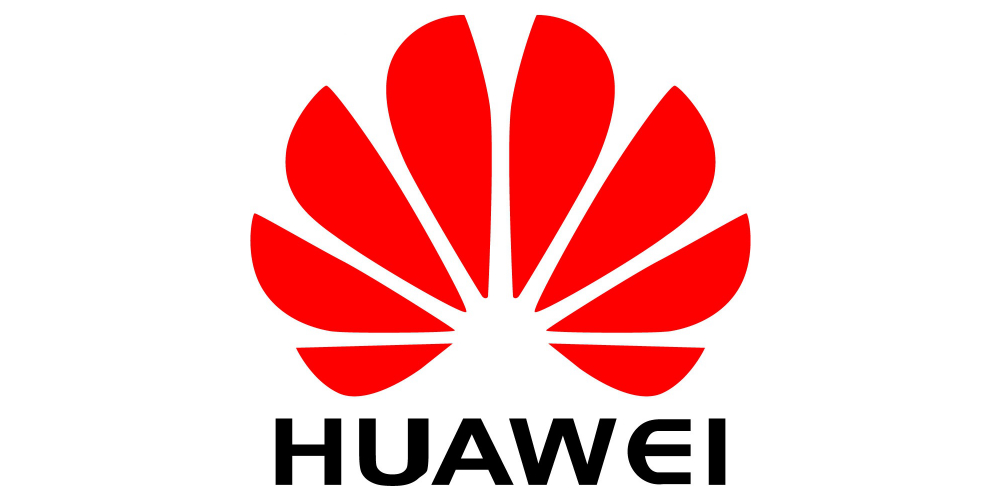Huawei: FCC Ban Could Be Unconstitutional

The smarter way to stay on top of broadcasting and cable industry. Sign up below
You are now subscribed
Your newsletter sign-up was successful
Embattled Chinese telecom Huawei has submitted new data to the FCC arguing that it shows the FCC's decision to declare its network tech a national security threat is "irrational," and may even be unconstitutional.
Related: FCC Seeks Comment on ZTE, Huawei Bans
Last November, the FCC voted unanimously to prevent carriers from getting broadband subsidy money if they have suspect tech in the networks they are using that money to build. By suspect, the FCC says it means equipment, or services, that pose a national security threat to networks or the equipment supply chain. While that will apply to any suspect tech, the FCC also made an initial determination--subject to comment and challenge--that Huawei and ZTE fit the description. Huawei has challenged the designation and is trying to make its case.
Its response was due Feb. 3, after which the FCC will have 120 days to finalize, or reverse, the designation.
Related: UK Won't Exclude Huawei
In its filing, Huawei pointed to other companies that market or may want to market telecom equipment in the U.S. that have "substantial connections" to China. The FCC, as well as many in Congress, argue that Huawei is a threat because of close ties to the Chinese government.
"Some of these companies are state-owned entities; others have substantial manufacturing or other business interests in or with China, including ties between China and the two primary providers of 5G telecommunications equipment to recipients of Universal Service Fund (“USF”) support," Huawei told the FCC.
The smarter way to stay on top of broadcasting and cable industry. Sign up below
The Universal Service Fund is the broadband subsidy program from which Huawei will be excluded if the FCC decision stands.
"This information highlights the irrationality and arbitrariness of premising any exclusion of Huawei from the USF program on Huawei’s supposed connections with China," the company said. It said that the fact that the FCC singled out Huawei and ZTE, another Chinese telecom, when many other companies have ties to China demonstrate that the decision was not based on any evidence that such ties are a security risk.
The company even suggested the FCC's decision might be unconstitutional. "[R]egarding a company as a security risk because of connections to China smacks of the invidious discrimination barred by the Constitution’s equal protection guarantee."
Contributing editor John Eggerton has been an editor and/or writer on media regulation, legislation and policy for over four decades, including covering the FCC, FTC, Congress, the major media trade associations, and the federal courts. In addition to Multichannel News and Broadcasting + Cable, his work has appeared in Radio World, TV Technology, TV Fax, This Week in Consumer Electronics, Variety and the Encyclopedia Britannica.

